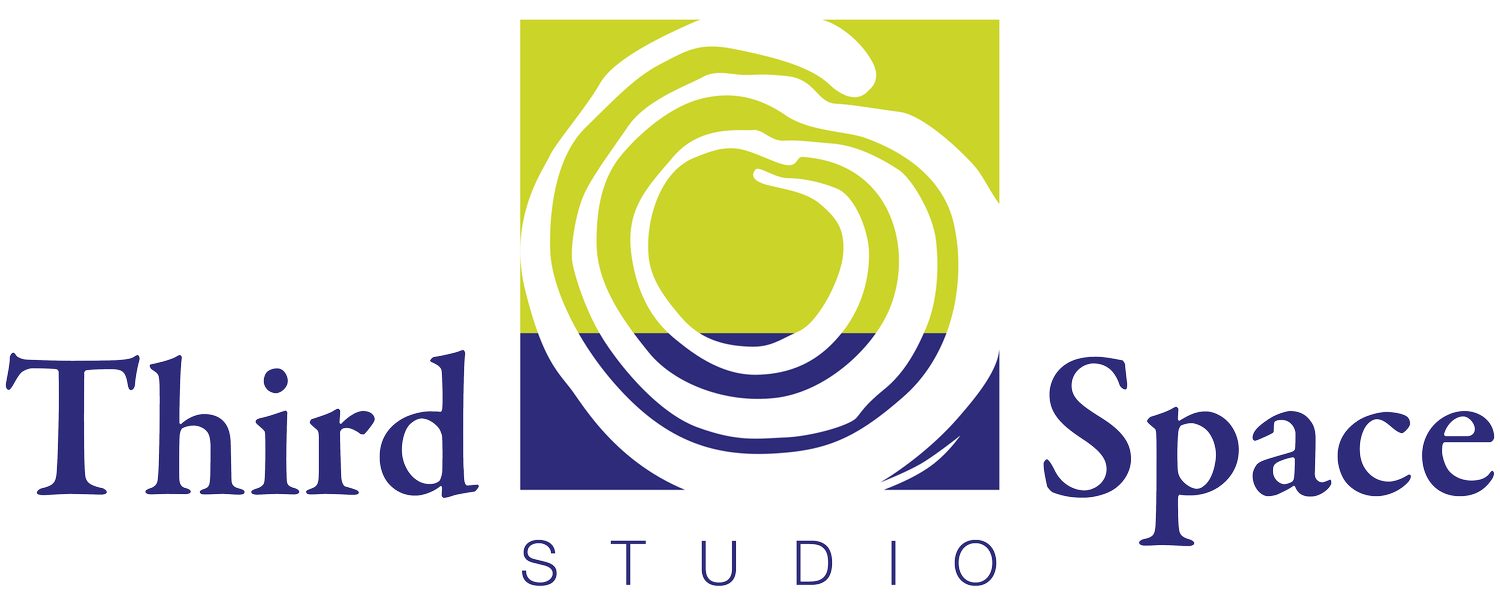Raise More Money with Data Tracking
About This Episode
For leaner nonprofits, it can be difficult to dive deeper into data that goes beyond "how many individuals gave a gift." Yet tracking data is essential for nonprofits looking to raise more money! Join us to learn how fundraisers can get started with data, which key metrics really matter, and why databases are key to your success.
About Mary
In her years of fundraising for local, regional, national, and political organizations, Mary has honed her annual, major and campaign solicitation skills by working with a multitude of organizations specializing in advocacy, improving the lives of children, ballot initiatives, and community health-care. In addition, she has utilized her database and analytical skills to drive strategic and impactful outcomes for acquiring, retaining, and upgrading donors of all giving levels.
She possesses a deep understanding of organizational development and how the symmetry between structure, content, and people are a formula for success. She has honed her ability to unite an organization’s programmatic elements with donors’ philanthropic intentions, making them investors in not only the operating elements but true organizational advancement.
Mary has a Bachelors Degree from the University of Dayton and a Masters Degree from Gonzaga University. When she is not working, Mary enjoys spending time with her husband Aaron, exploring the Pacific Northwest, reading, practicing yoga, and hiking.
Resources mentioned in this episode:
Database rankings in the Individual Donor Benchmark Report
Key questions answered in this episode:
01:28 - What's your sense of why data tracking remains so challenging for small nonprofits?
02:38 - Could you explain what you mean when you say nonprofits need a good coding structure to get their data out?
04:32 - What are the key metrics orgs should be paying attention to year after year? What are the metrics that really matter?
07:28 - Can you talk a bit more about donor attrition rates?
09:40 - Where can an organization without a lot of staff/resources start paying attention to data?
11:27 - A database is a fantastic place to start: do you have a favorite?
14:10 - What are some of the top mistakes our listeners should avoid when thinking about tracking data?
17:02 - One of the reasons I started the IDB, we want to be able to compare our data to others like us. Where else can people look at benchmarking data? What resources do you look at?
18:57 - Any resources you might suggest to help people communicate data?
22:57 - Could you tell us more about Ravela Insights and the work your company does?
25:02- Do you have any final words of wisdom or advice for our listeners?

